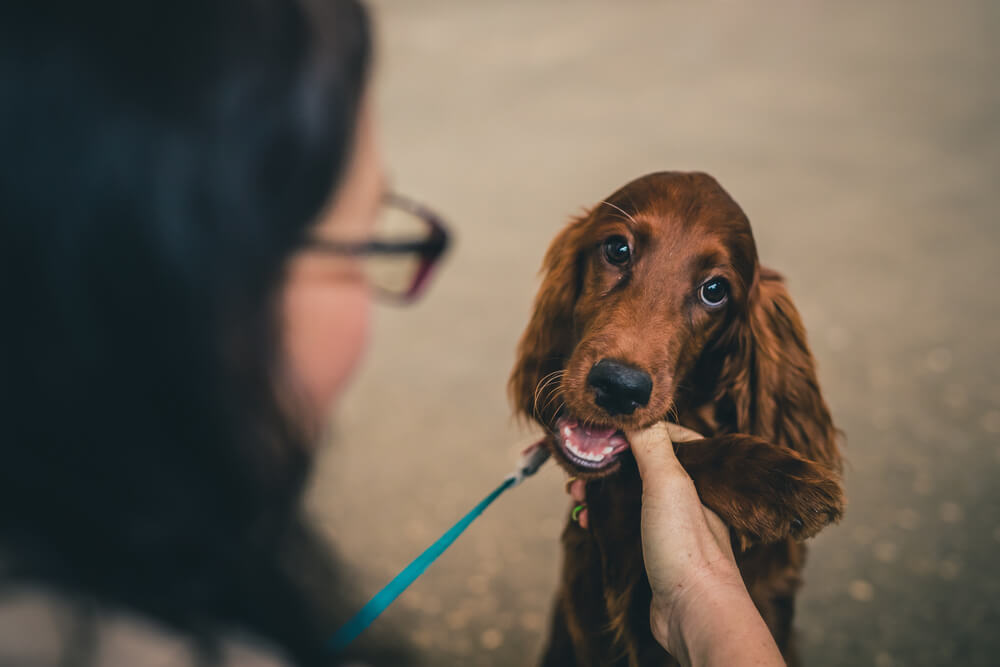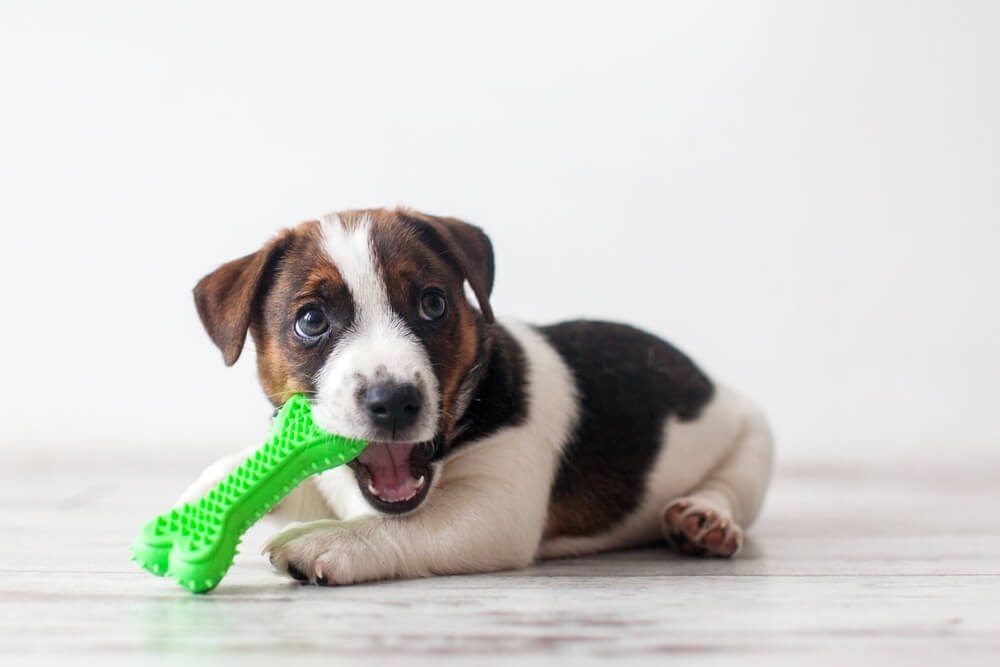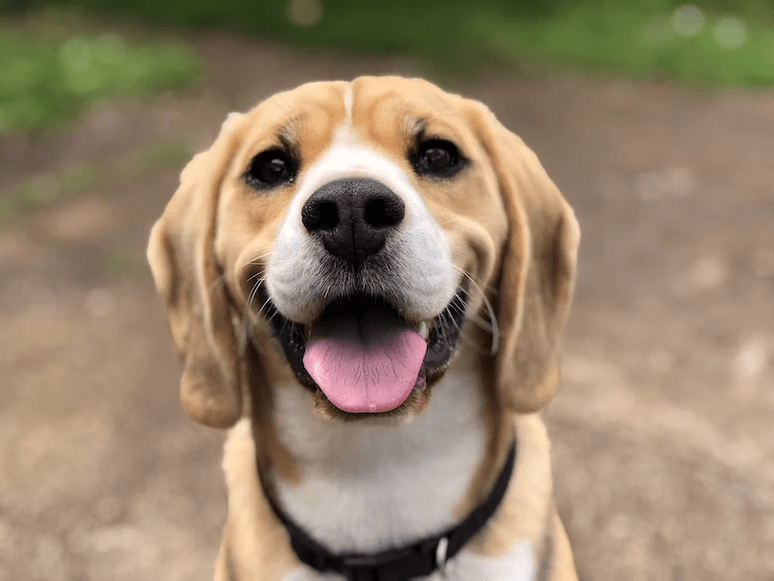Dog owners often wonder why does my dog nibble on me. When your dog nibble on you, it might be a sign of affection.
Understanding more detailed meaning behind this behavior is necessary for establishing a harmonious relationship with a dog in this article.
Let’s explore the truth with us!
Nibbling, Mouthing, And Biting: What Is Different?
Nibbling is a gentle, exploratory behavior where a dog lightly mouths or gently puts their teeth on an object or person. It’s often seen in puppies during their teething phase.
Mouthing involves the dog using its mouth more assertively, applying mild pressure without causing harm. This behavior is typical during play or when seeking attention.
Conversely, biting is an aggressive action where the dog applies significant force, potentially causing injury. When a dog bites you can be defensive or offensive and requires immediate attention and behavior modification.
Note: Proper training and understanding of these behaviors will enable owners to address them effectively, ensuring a safe and good relationship with their canine companions.
5 Reason Why Your Dog Nibble On You
They may get anxious
Just like human beings, dogs can get anxious, and nibbling may be a way of giving out anxiety.
For example, there may be separation anxiety when the owners are away from home for some time in a day. They may not just stop at nibbling on your hand with their front teeth, but they may also do it on your furniture, your clothes, your slippers, and anything that is within their view.
They may even nibble on your fingers if they encounter an opportunity, so make sure that you are aware of the situation.

It might be sign of affection
Once more, a dog nibbling is often a good thing. One positive explanation of why the dog nibbles on you can be that your pet may want to show love to you.
The dog may view you as the pack leader, and they may want to show respect to the upper level of the pack.
They want to play
Do you notice that your lovely dog brings their favorite toy over to you whenever you are lying on the couch enjoying your exciting TV shows or films?
If a dog do that and their next course of action is nibbling, it is 90% that they want to play with you. This should not be sorted into aggressive or negative actions but as a signal for enjoy outdoor activities in the park.
How to distinguish between ready to play or just wanting to show love to you? This may sound weird, but just look at their butt. If they are also wagging tails and wiggling butts, there is a high chance that they want to play.
They may lack your attention

Nibbling for them may simply illustrate the need for more attention and care. If they don’t receive enough time of your care or attention, they may get bored, and that will lead to nibble on you.
They might be teething
This explanation can only be attributed to puppies. If they are in the teething stage, they might use their front teeth to nibble your toes, fingers, or ears. This action may increase the frequency if their baby teeth are falling out.
Puppies that are between the ages of six and seven months are most likely to take this kind of action.
How To Stop Your Dog Nibbling On You?
If your dog has a habit of nibbling on you, there are several effective strategies to help curb this behavior.
Firstly, give them provide appropriate chew toys and redirect their focus to these items when they start nibbling.

Consistently reinforce positive behavior by rewarding them with treats or praise when they nibble or chew on their toys instead of nibbling on you.
Additionally, discourage nibbling by promptly withdrawing attention, such as turning away or walking away, whenever they engage in the behavior.
Lastly, consider professional obedience training to address any underlying issues causing the nibbling. With patience, consistency, and proper training, you can successfully teach your dog to stop nibbling on you.
Final Thought
Nibbling is a natural behavior in dogs, it is essential to encourage appropriate alternatives, such as providing chew toys and redirecting their attention.
Consistency and positive training are vital in teaching dogs to differentiate between positive and negative nibbling.
If the nibbling persists or becomes aggressive, consulting a professional dog trainer or veterinarian is recommended.
